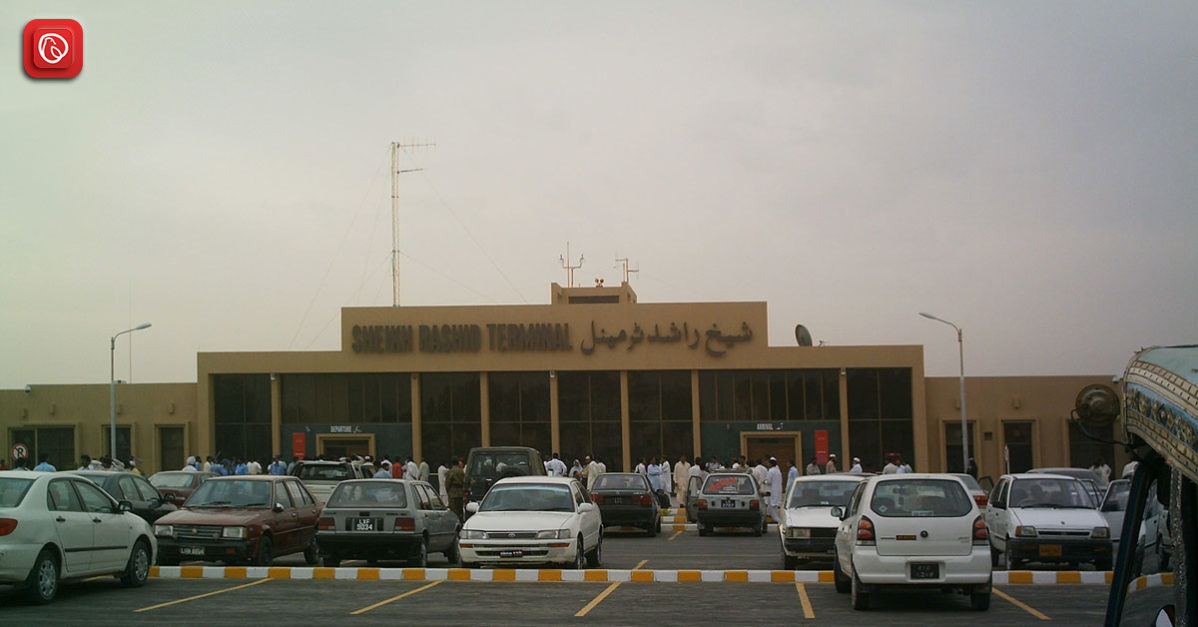Preamble
The largest number of real estate investments can be seen in cities which have the most transparent real estate sector. In this article, the Iqbal Institute of Policy Studies (IIPS) explores how transparency in the real estate sector can help cities succeed in establishing themselves as drivers of future growth and act as a magnet for talent and young professionals. The benefits of transparency along with what makes the real estate sector more transparent is also presented.
Research Questions
- What is transparency in real estate?
- How cities benefit from transparency in real estate?
- What can cities do to become more transparent?
Introduction
The world is increasingly moving towards adopting transparency at all levels of government and industry. Transparency is a multi-dimensional concept and is among the basic principles of good governance. It implies public insight into works of public administration. This allows investors, public bodies, and the government to operate and make decisions with confidence. The real estate industry plays a crucial role in a city’s success. It helps create a more competitive, efficient, and flexible environment, as well as improving the quality of life for citizens and ensuring sustainability in the future. Transparency in real estate allows the government and organisations to plan long term and is also a good indicator of a city’s ability to adopt the technology. In addition, it makes cities a magnet for talent and more attractive for residents. Metropolitan governments and public bodies are increasingly realising the potential of real estate in a country’s success. Therefore, there is a need for the introduction and implementation of transparency in the real estate sector.
Transparency and Real Estate
The real estate market is considered transparent when it becomes clear how the market mechanisms and the variables behind these mechanisms work. A strong indicator of transparency in real estate is the ability to capture transactions and process information. Transparency in the real estate sector can be achieved by rigorously enforced laws and regulations, high-quality products, easily accessible market information, performance benchmarks, and high professional standards. Once information and processes are made transparent, government institutions and private businesses can make better decisions with more confidence. This also allows governments to function effectively and provide long term benefits to local communities and the environment. The real estate sector can act as a powerful driver of a city’s success. The sector plays a role in transforming neighborhoods, providing productive public spaces, and attracting new businesses to a city. In order to achieve all this, the real estate sector requires high levels of transparency. 85 out of 100 countries surveyed under the JLL and LaSalle’s Global Transparency Index have recorded improvements since 2016 (JLL, 2018).
How Cities Benefit from Transparency in Real Estate
Transparency in real estate increases accountability and quality of governance, thereby proving it is an important step for countries and cities that want to cultivate a productive business environment. High-quality real estate market data helps developers and investors in deciding what types of spaces to build to better suit the market needs and consumer demand. Transparency also allows a city to plan for long term real estate projects as these projects are usually highly financed and involve many stakeholders. Generally, a transparent real estate sector makes cities better avenues for technological advancements and is also a good indicator of a city’s ability to adopt innovation. As there are ample opportunities available for growth, cities with a transparent realty sector become a magnet for talent and become an attractive investment option.
People are generally fearful of land disputes and transparency allows them to make better and more evidence-based decisions for future investments. Modern-day cities can use robust regulatory and legal frameworks to boost transparency. The top 11 countries in the Global Transparency Index have a combined share of 75 per cent of global direct investment in real estate (Guy, 2018).
How are Cities Becoming More Transparent?
Cities in emerging economies are still grappling to establish foundations of a transparent real estate sector. Effective corporate governance, market availability of data, and robust legal and regulatory frameworks are key components required to make a city transparent. Cities are increasing their transparency by improving their tracking and monitoring of real estate markets. Enlightened governments which realise the importance of real estate transparency are pushing out data-based initiatives which include the involvement of technologies like blockchain and big data. Through tougher regulation, increased accountability among developers and improved protection for buyers, cities in Brazil, China, India, Indonesia, Mexico, and Russia have made much progress in increasing transparency in their real estate sector (WEF, 2018).
Dubai, another top improver, has been a leader in technological innovation. New and enhanced online apps for managing contracts, broker information and unified lease forms have contributed to increased transparency. Technology can lead to greater standardisation in areas related to property, city planning, and environmental reporting. Lastly, cities act as reliable partners with investors and management teams to cooperate with governments around the world.
Conclusion
Transparency is becoming an area of considerable attention for governments and industries around the world. The role of the real estate industry in the success of a city is crucial. It helps create a more competitive, efficient, and flexible environment for investors and consumers. Access to market information, performance benchmarks, and high professional standards are what makes the real estate industry transparent. Transparency increases accountability and quality of governance in a city and leads to greater standardisation in areas related to property, city planning, and environmental reporting.
Key Takeaways
- Transparency is a multi-dimensional concept and is among the basic principles of good governance.
- The real estate industry plays a crucial role in a city’s success. It helps create a more competitive, efficient, and flexible environment, as well as improving the quality of life for citizens and ensuring sustainability in the future.
- The real estate market is considered transparent when it becomes clear how the market mechanisms and the variables behind these mechanisms work.
- Transparency in the real estate sector can be achieved by rigorously enforced laws and regulations, high-quality products, easily accessible market information, performance benchmarks, and high professional standards.
- 85 out of 100 countries surveyed under the JLL and LaSalle’s Global Transparency Index have recorded improvements since 2016 (JLL, 2018).
- Effective corporate governance, market availability of data, and robust legal and regulatory frameworks are key components required to make a city transparent.




